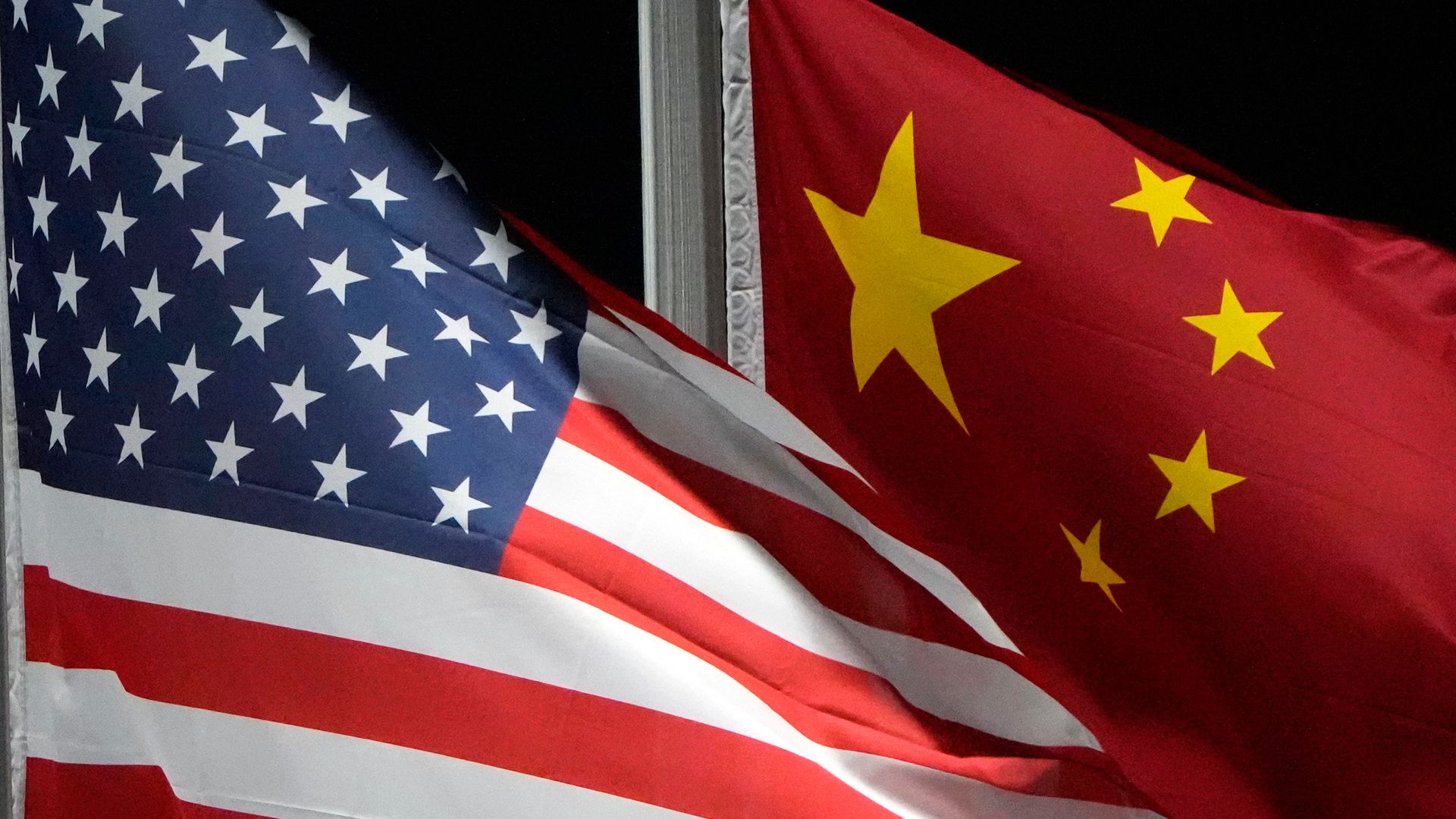In response to a number of recent national security concerns, including spy balloons and espionage within the military, state legislators are moving to put restrictions on Chinese land ownership in the United States. A Washington Post analysis of data compiled by the advocacy group Asian Pacific American Justice found that lawmakers in 33 states have introduced 81 bills this year to do just that.
“As a former CIA case officer, I recognize the threats posed by the Chinese Communist Party’s aggressive influence campaigns, as well as its attempts to target U.S. national security interests through seemingly innocuous transactions,” Rep. Abigail Spanberger, D-Va., said.
These pieces of legislation would prohibit the Chinese government, some China-based businesses and many Chinese citizens from buying agricultural land or property near military bases. At least another 11 bills with similar aims have been introduced in Congress over the last three years.
Proponents say action is necessary to prevent the Chinese government from setting up spy operations on land purchased near American military bases. They also hold concerns that the nation’s food supply could come under threat if hostile foreign powers are buying up too much agricultural land.
“Chinese investments in American farmland put our food security at risk and provide opportunities for Chinese espionage against our military bases and critical infrastructure,” Sen. Tom Cotton, R-Ark., said. “Instead of allowing these purchases, the U.S. government must bar the Communist Party from purchasing our land.”
Though lawmakers have largely been focused on China in their rhetoric regarding this legislation, 17 other countries actually own more American farmland than Beijing currently holds. Most of the proposed bills also restrict land ownership tied to other foreign adversaries, such as Russia, Iran and North Korea. Yet, the emphasis has remained on China, largely due to recent espionage efforts by Beijing, as well as concerns held by U.S. government officials over the uptick in Chinese land purchases as of late.
“It’s very serious concern of ours and an emerging issue. China has been very aggressive over the last 10 years or so,” Rep. Mike Johnson, R-La., said.
According to the Department of Agriculture, Chinese ownership of American farmland leapt more than twentyfold over the last decade, with major jumps in recent years.
In 2020, U.S. companies with Chinese shareholders more than doubled their acreage of American land owned, and the following year saw an increase of 98% when compared to purchases made from 2015 to 2019.
However, Asian American advocacy groups believe measures aimed at limiting these purchases go beyond national security concerns and could encourage discrimination against Chinese Americans. Meanwhile, the Chinese Embassy has also denounced this legislative push, echoing concerns raised by advocacy groups that restrictions may quote “fuel Asian hatred,” particularly following a spike in hate crimes amid the COVID-19 pandemic.
“National security is important, but it should not dominate or scapegoat groups of people in our society,” said Jeremy Wu, co-organizer of Asian Pacific American Justice. “We consider racial profiling to be a form of anti-Asian hate. Therefore, [these] activities in many ways parallel and maybe predates the current term of anti-Asian hate in that regard.”


